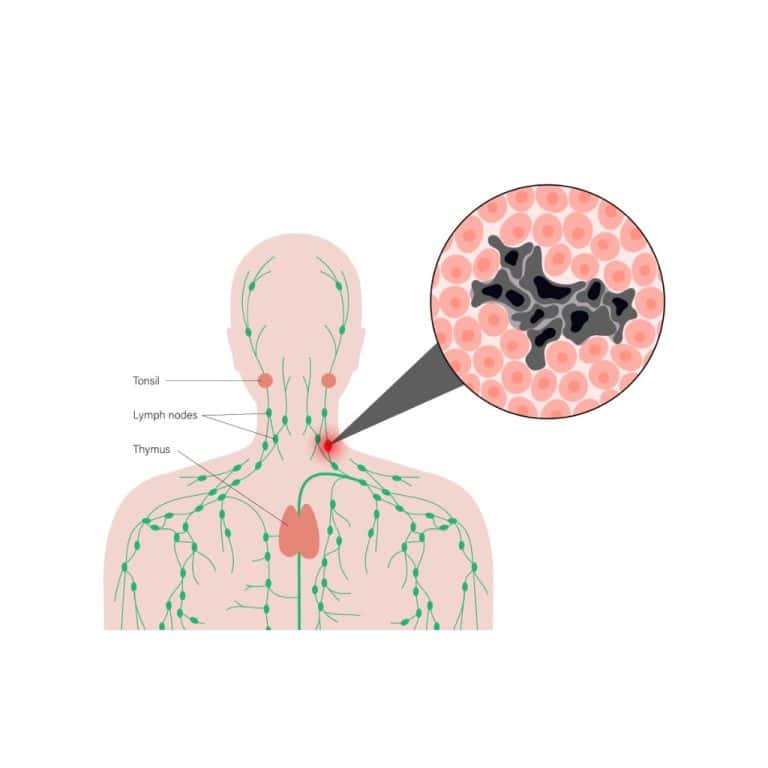Welcome to the Lymphatic System Disorders quiz! The lymphatic system is a vital part of our immune system, helping to fight off infections and diseases. In this quiz, you will learn about different disorders that can affect the lymphatic system and how they can impact your overall health.
From lymphedema to lymphoma, there are a variety of disorders that can disrupt the normal function of the lymphatic system. By understanding these disorders, you can better recognize their symptoms and seek appropriate treatment. So, let’s dive in and test your knowledge on the lymphatic system and its disorders!
Play Lymphatic System Disorders Quiz
Instructions
- This quiz is multiple choice.
- Read each question carefully before selecting an answer.
- Choose the best answer for each question.
- You will see the missed questions with correct answers at the end of the quiz.
Quick Facts
- The lymphatic system helps your body fight off infections and diseases.
- When the lymphatic system isn’t working properly, it can lead to health problems.
- Lymphatic system disorders can cause swelling in different parts of the body.
- These disorders can also lead to fatigue and a weakened immune system.
- Some common symptoms of lymphatic system disorders include fever, chills, and unexplained weight loss.
- There are different types of lymphatic system disorders, such as lymphedema and lymphoma.
- Treatment for these disorders may include medication, physical therapy, and surgery.
- It’s important to seek medical help if you suspect you have a lymphatic system disorder.
- Maintaining a healthy lifestyle, such as eating a balanced diet and exercising regularly, can help prevent lymphatic system disorders.
- Early detection and proper management of these disorders can improve your quality of life and overall health.
Downloads
Study Tips
- Create a study schedule and stick to it.
- Find a quiet and comfortable study environment.
- Remove distractions such as phones and social media.
- Take breaks every 25-30 minutes to avoid burnout.
- Use active studying techniques like summarizing, highlighting, and teaching concepts to someone else.
- Practice retrieval by testing yourself with flashcards or practice quizzes.
- Stay organized with notes, study guides, and resources.
- Stay hydrated and eat brain-boosting foods like fruits, nuts, and whole grains.
- Get enough sleep to improve memory retention and cognitive function.
- Reward yourself for reaching study goals to stay motivated.
